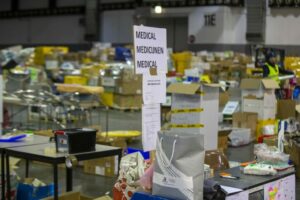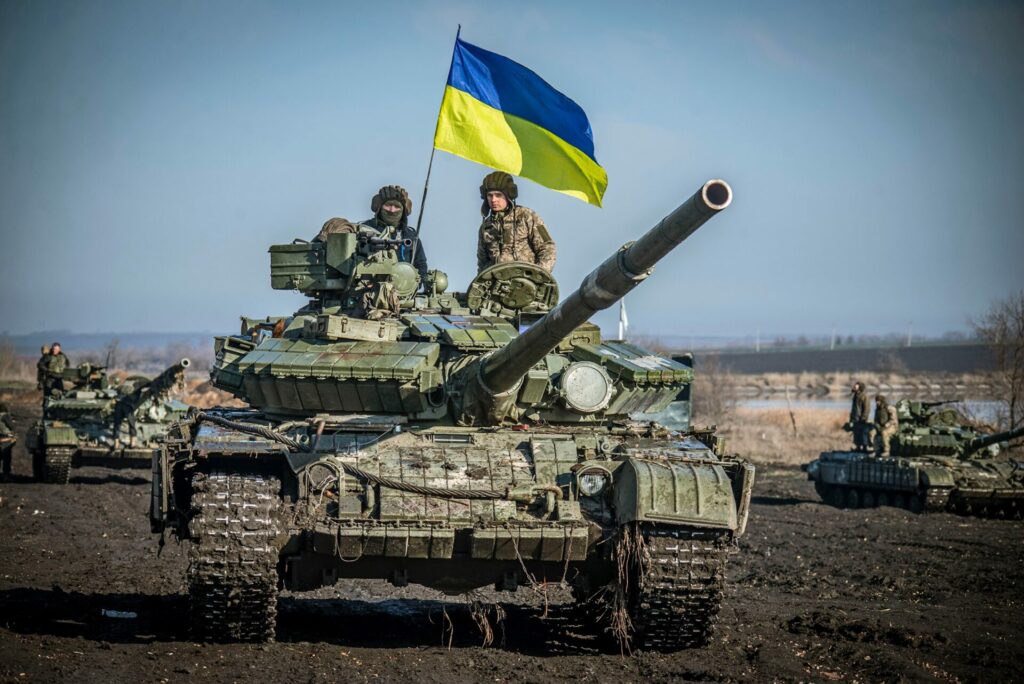As the war in Ukraine enters its third month, Belgium's Select Ministerial Committee is currently reviewing the situation and the assistance that Belgium can provide.
Since Russian forces invaded Ukraine on 24 February, Belgium has already delivered 5,000 FNC-type assault rifles, 200 anti-tank weapons and 3,800 tonnes of fuel to the Ukrainian government.
On 18 March the Council of Ministers also approved the acquisition of €11 million worth of military equipment for Ukraine which included weapons, both lethal and non-lethal, as well as body armour and night vision devices.
This expenditure was partly covered by a fund released by the European Union. The EU has decided to dedicate a budget of €1.5 billion to the "Europe Peace Facility", which contributes to the capacity-building of the Ukrainian army.
Related News
- EU paid over €3.5 billion to assist countries with Ukrainian refugee settlement
- Flemish Socialists want companies to pay 1 billion 'war tax'
Belgium also deployed a reinforced squadron from the 1/3 Lancers Battalion, a motorised infantry unit barracked in Marche-en-Famenne.
The government has also extended the mission of the four F-16 fighter jets operating from Estonia until the end of May, while a tripartite minehunter vessel is assigned to one of NATO's permanent flotillas.

A centre collecting medical supplies for Ukraine. Credit: Belga
On the humanitarian front, Belgium has promised Ukraine protective and essential equipment, including tents, blankets and medical kits, through the B-FAST interdepartmental emergency aid mechanism, an inter-ministerial mechanism for responding to disasters abroad.
New phase of the conflict
After failing to overthrow Ukrainian forces with a swift assault, the Russian offensive has now intensified in eastern and southern Ukraine. Experts fear this could result in the capture of the strategic port of Mariupol in the southeast of the country.
According to the office of Prime Minister Alexander De Croo, Belgium is considering how to offer its assistance to the Ukraine government. This could involve supporting the investigation into alleged war crimes led by the prosecutor of the International Criminal Court (ICC) in The Hague, which would include providing Belgian forensic expertise.

